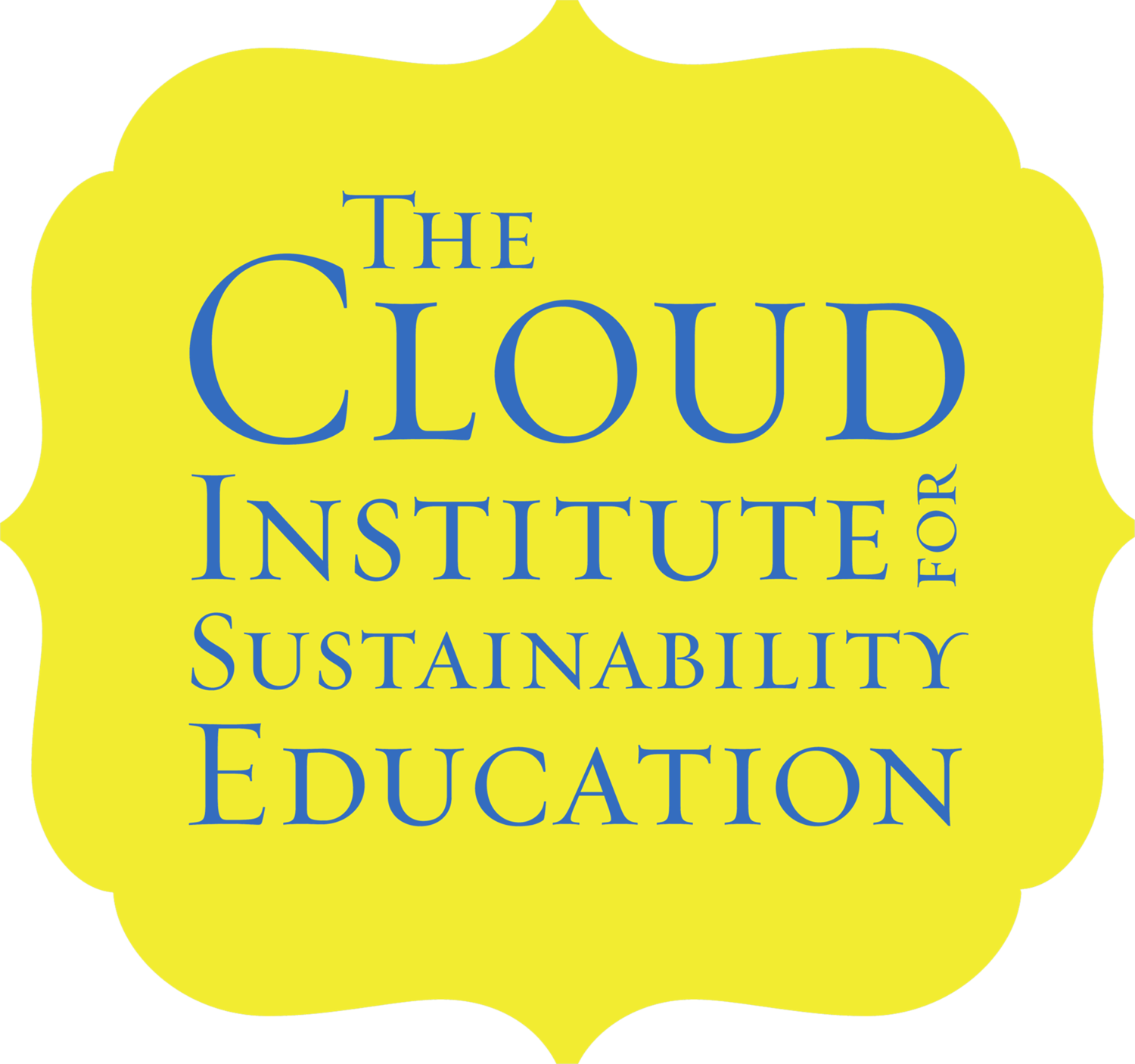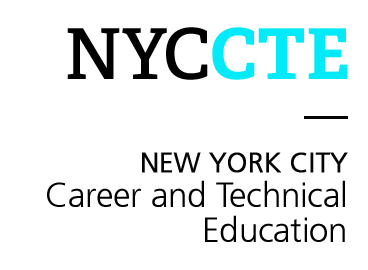Sustainability In Schools: What Kind Of Future Do We Want
/Originally published on April 1, 2016 By Vicki So, Rubicon International on the Rubicon PD Update.
Jaimie Cloud, founder and president of the Cloud Institute for Sustainability Education, begins most projects with the following questions:
"What kind of future do we want? What do we want to sustain? For whom? For how long? .... And what does education have to do with it?
A fundamental part of the Cloud Institute’s mission is to inspire young people to think deeply about their relationship with the environment and to empower them to influence it. The Cloud Institute’s Framework for Education for Sustainability demonstrates the interdependence between students, educators, school systems, and communities at large. In order to achieve its mission, the Cloud Institute has embedded research-driven knowledge, skills, attitudes and habits of mind into the Education for Sustainability (EfS) Standards and Performance Indicators.
In the three-part webinar series below, Jaimie discusses her work in partnership with the Rubicon-Atlas Curriculum Mapping software team and the NYC Department of Education. In particular, she explains why the curriculum mapping process is so important for bringing the EfS Standards to life [Download Jaimie’s top 10 reasons here].
“Aligned to national and state educational standards, each EfS Standard has a set of coded Performance Indicators used to guide educators as they infuse their school culture, curriculum, instruction and assessment practices with Education for Sustainability. We believe that by meeting these EfS standards, young people will be prepared to participate in, and lead with us, the shift toward a sustainable future.”
- Download the commencement edition here
- Download the PreK-2 edition here
- Contact the Cloud Institute if your school is using Atlas and would like access, or email atlas@rubicon.com for support.
In the first video, Jaimie defines sustainability and her work with the Cloud Institute [Click here to download presentation slides].
The second video highlights how the EfS standards come to life in the Atlas Curriculum Software and explains why the curriculum mapping process is important [Note: an open Q&A is included at the end of this video].
The third video provides an in-depth case study how the NYC-DOE has transformed their Career & Technical (CTE) program through the global Sustainable Development Goals created by the United Nations [Click here to download presentation slides].
Do you have a sustainability program at your school? Shoot us an email at pd@rubicon.com and share your story. If you are interested in learning more about trends in environmental education, click HERE!




